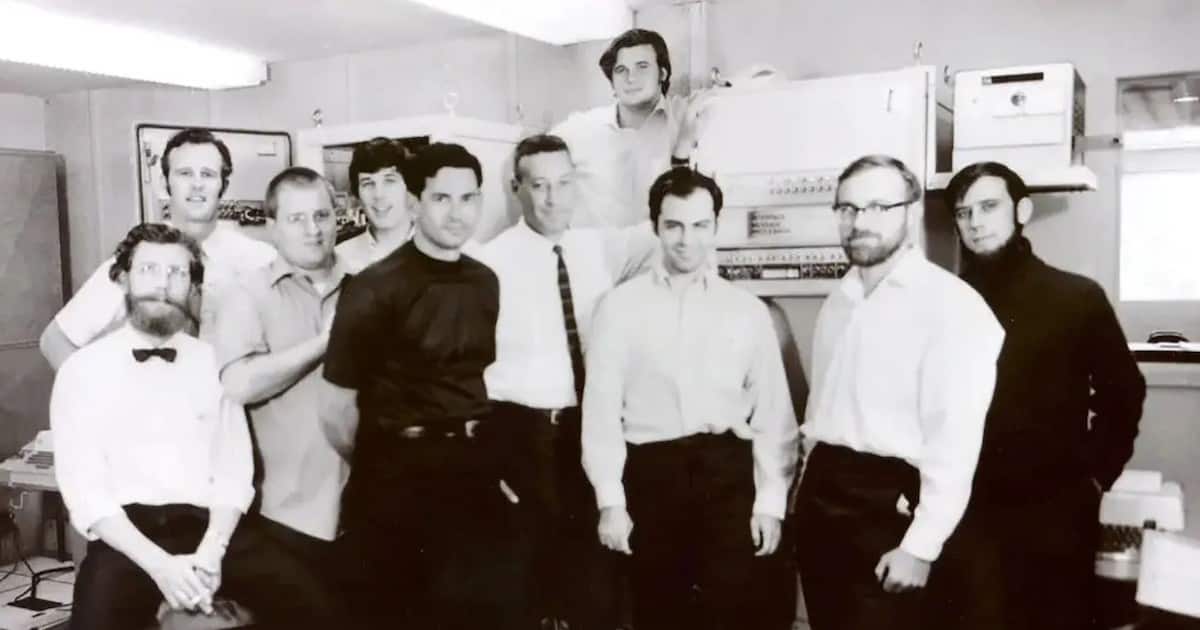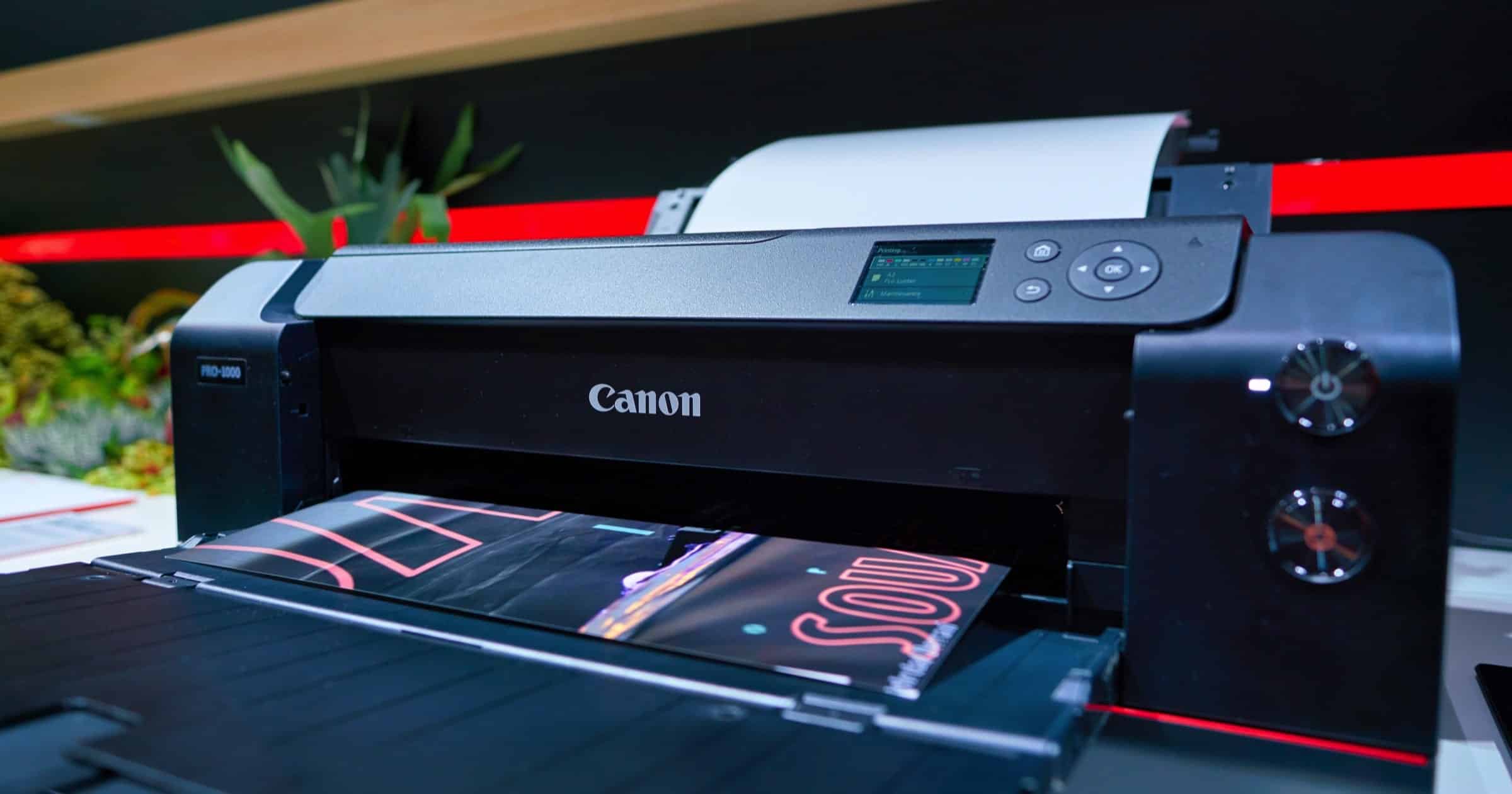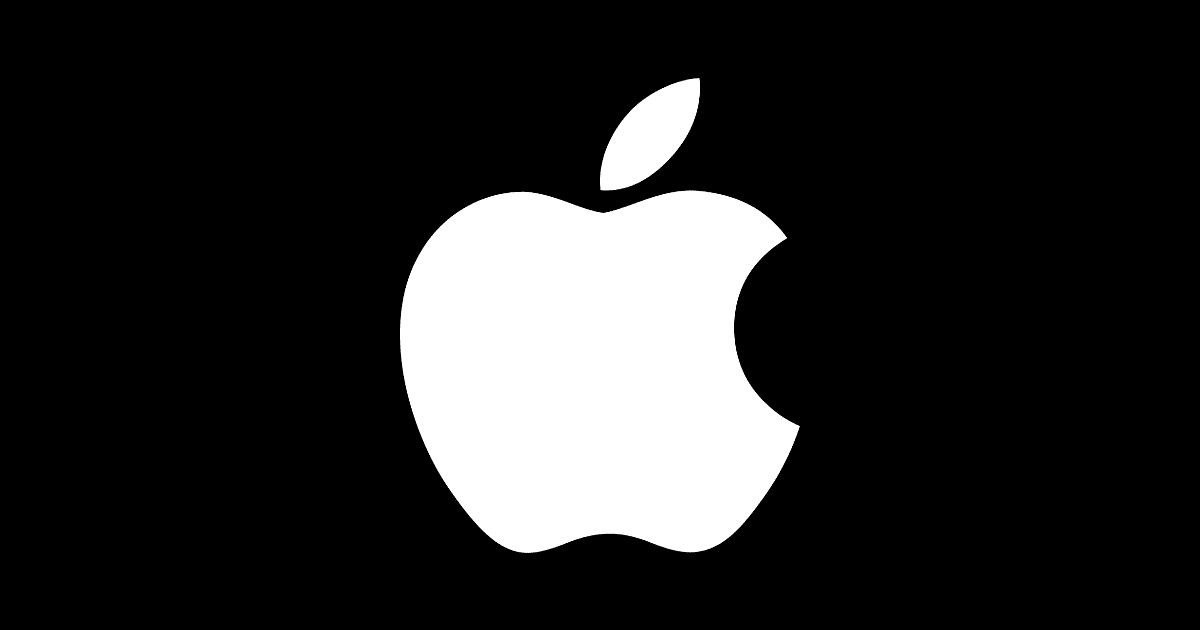David Walden, a computer scientist that helped build the foundations of the internet, has died at the age of 79.
Technology
Canon USA Hit With Class Action Lawsuit Over Under-Reporting Printers
Canon faces a class action lawsuit with the accusation that its 4-in-1 printers don’t print documents if an ink cartridge is low.
Further, “There is no reason or technical basis for manufacturing the All-in-One Printers with an ink level detection function that causes the scanner to stop functioning when ink is low or empty. Canon designed the All-in-One Printers in such a way to require consumers to maintain ink in their devices regardless of whether they intend to print.”
Kevin Kelly vs. Kirkpatrick Sale: Has Tech Destroyed Society?
Here’s your long read for the weekend. Back in 1995, then-executive editor of Wired made a bet with Luddite Kirkpatrick Sale. The proposition? A bet that technology would destroy the world by 2020.
Twenty-five years later, the once distant deadline is here. We are locked down. Income equality hasn’t been this bad since just before the Great Depression. California and Australia were on fire this year. We’re about to find out how easy that money is.
I find myself between their arguments. Technology produces both positives and negatives, and issues like climate change largely accelerated by corporations make me pessimistic as a young person.
Apple Tech Transitions, Port-Free Prediction – TMO Daily Observations 2019-12-05
Andrew Orr and John Martellaro join host Kelly Guimont to discuss Apple’s technology evolution, and the latest in iPhone speculation.
A History of Apple’s Technology Transitions
Martin Pilkington wrote a long blog post detailing Apple’s technology transitions over the years. These are the big, fundamental changes, like going from Motorola 68k to PowerPC in 1994. In fact, the transitions are put into two categories: CPUs and APIs. It’s a great read about Apple’s history.
A lot of the controversy comes down to people not understanding the how or the why of these transitions, and why Apple ultimately drops the old technology. So I thought it would be useful to explore Apple’s history of transitions and try to explain some of the reasons for this latest one in a way everyone can understand.
We Are Digital Renters of Our Own Objects
I thought this was an interesting angle in the “Our technology controls” us narrative. It’s the idea that we are sort of digital renters of our technology.
Today, we may think we own things because we paid for them and brought them home, but as long as they run software or have digital connectivity, the sellers continue to have control over the product. We are renters of our own objects, there by the grace of the true owner.
Financial Gain in Modern Tech Dehumanizes Us
Axios writes:
Tristan Harris, the former Googler who helped popularize the notion of “time well spent” laid out the shift he says the tech industry needs to make in order to stop, as he puts it, “downgrading humanity.” … Harris made the case that today’s technology downgrades humanity by creating a vast artificial social system powered by “overwhelming” AI and an “extractive” attention economy.
The problem, as Harris notes, is that the first company to blink loses.
This NSFW Teen Film is a Must Watch
I know, “NSFW teen film” is a phrase not usually found in the media. But this one is enlightening. It’s a short, 17-minute film called Pocket, directed by Mishka Kornai and written by Zach Wechter. It’s an attempt to show a day in the life of a teenager, specifically from the point of view of a 15-year-old named Jake. It’s NSFW because of occasional swearing, sexting, and Instagram models. Millennials may have experienced technology like the iPhone in their teenage years, but Generation Z grew up with it. As the quote from Douglas Adams goes,
Anything that is in the world when you’re born is normal and ordinary and is just a natural part of the way the world works. Anything that’s invented between when you’re fifteen and thirty-five is new and exciting and revolutionary and you can probably get a career in it. Anything invented after you’re thirty-five is against the natural order of things.
Now Kansas Introduced a Porn Filter Bill
Last month I wrote about an Arizona politician wanting to introduce a porn filter bill. Now Kansas wants to do the same thing, although it sounds like this one won’t attempt to fund the border wall.
“It’s to protect children,” Garber, a Republican, said in an interview. “What it would do is any X-rated pornography stuff would be filtered. It would be on all purchases going forward. Why wouldn’t anybody like this?”
Why indeed. Because you guys don’t seem to care about children outside of the womb.
The Story of How RSS Came to Be
Really Simple Syndication (RSS) is a way for websites and podcasts to offer a feed of updated content for people. It’s a fairly standard technology but many people don’t use it.
The story of how this happened is really two stories. The first is a story about a broad vision for the web’s future that never quite came to fruition. The second is a story about how a collaborative effort to improve a popular standard devolved into one of the most contentious forks in the history of open-source software development.
Long story short (Although you should still read the long story): RSS was too complicated for non-tech users, and the internet slowly became centralized into data silos like Google and Facebook.
CES Organizer Thinks Sex Toys are Immoral and Obscene
It seems as though the CTA had a problem with a sex toy. Company Lora DiCarlo planned to present its product, but its award was revoked and the company had to remove its exhibit.
But after ranking high enough and winning the designation, Lora DiCarlo was apparently told that its product didn’t comply with the rules. The show’s and award’s organizer, the Consumer Technology Association, allegedly cited rules saying products that are “immoral, obscene, indecent, profane or not in keeping with CTA’s image will be disqualified.” It then backtracked and said the product simply didn’t fit in the robotics and drones category.
eBay Sale Takes 15% Off of Apple Products and More
An eBay sale is taking 15% off of Apple products, Bose, TVs, and more. It works on orders of $25 or more when you use a coupon code.
Scientists Just Routed The Entire Internet Through One Optical Cable
It maxed out at a mind-boggling data transfer rate of 661Tbps (terabits per second).
iPhone Addiction, TeenSafe's Apple ID Login Leak - TMO Daily Observations 2018-05-21
Andrew Orr and John Martellaro join Jeff Gamet to discuss who should be responsible for controlling iPhone and other electronic device addiction, plus they have something to say about TeenSafe’s Apple ID user name and password leak.
The Complicated Tech Conundrum, Jeff's Unified Health Record Dream - TMO Daily Observations 2018-05-07
John Martellaro and Bryan Chaffin join Jeff Gamet to discuss the benefits and problems the average tech user experiences, plus they talk about the lack of a real unified health and medical record management system.
Apple Intros 'Families' Webpage with Kid-safe Computing Tips
Apple just rolled out a new webpage dubbed “Families” with tips on managing your children’s iPhone and iPad use.
Bryan Chaffin Talks about How Politics Intersects with Technology
Chuck Joiner asked me on to MacVoices to talk about Apple, the tech world, and politics. In this video podcast, I make the case that Apple is just plain too big to avoid politics. From regulations, to taxation policy, to international posturing, to the fact that Apple is worth almost US$700 billion, Apple can’t avoid politics. More importantly, the broader tech world itself that it increasingly intersects with tech. I think I spewed off about getting older and struggling to understand Millennials, too. It’s all kind of hazy, but that didn’t stop Chuck from making that part of his title…oh, and check out that key frame he picked. Why did I agree to do this show again? … Oh, right, because I luuuuurve me some Chucky J!









